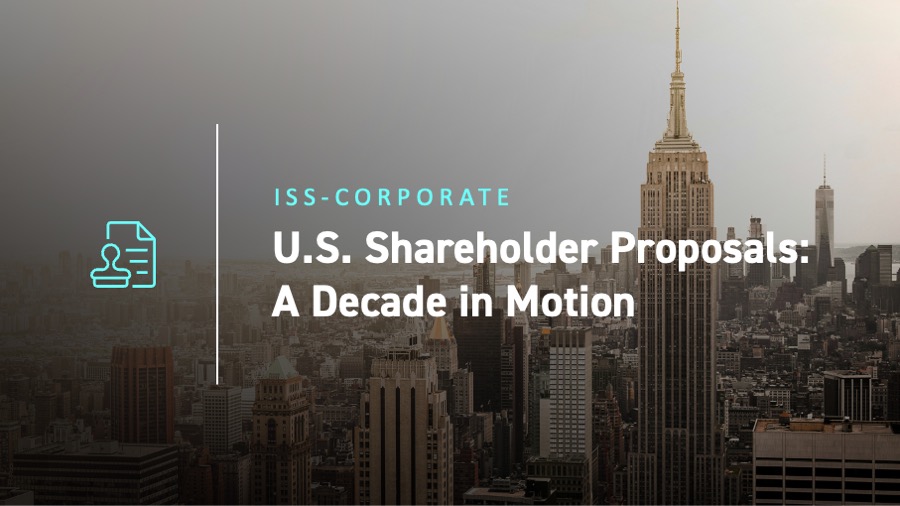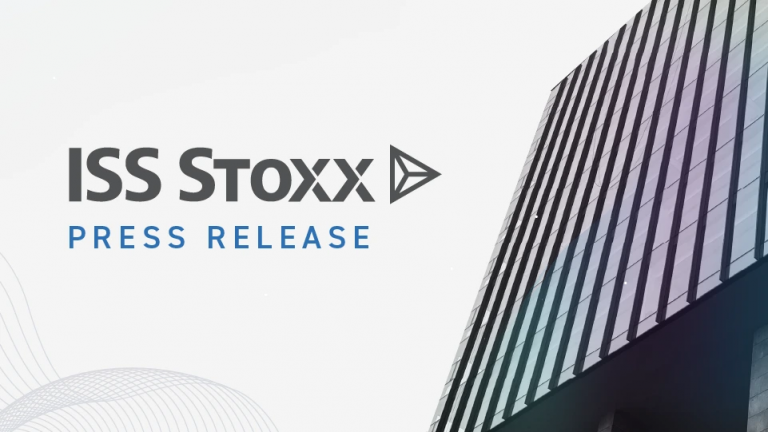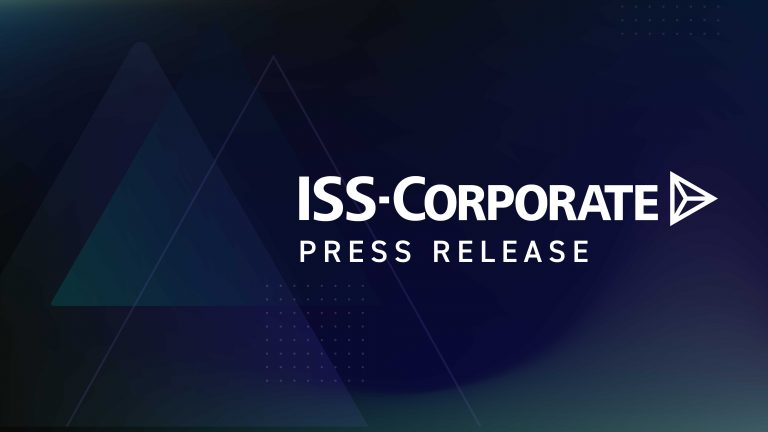Below is an excerpt from ISS-Corporate’s recently released paper “U.S. Shareholder Proposals: A Decade in Motion”. The full paper is available for download from the ISS-Corporate online library.
Shareholder proposals, often seen as a bellwether of investor sentiment and preferences, have gone through a significant shift over the past decade. The number of proposals on environmental and social topics exploded, surpassing the governance and compensation topics that had dominated the discourse in mid-2010s. In recent years, discussions related to environmental, social, and corporate governance (“ESG”) risks have become highly politicized, including attempts to politicize the shareholder proposal process. However, investors show little to no interest in proposals that advocate a political viewpoint without demonstrable economic relevance. ISS-Corporate reviewed the data of shareholder proposals submitted at U.S. companies from July 2014 to June 2024 [1] and examined how shareholder proposals as well as corporate behavior and disclosures on sustainability and corporate governance have changed over the decade.
KEY TAKEAWAYS
- E&S campaigns remain active: Environmental and social topics outnumbered governance and compensation requests over the past four years, with proposals focusing on climate change and human capital management driving the surge in proposals.
- Fewer withdrawals in 2024: The percentage of withdrawn proposals has dropped compared with previous years, indicating that proponents and issuers are finding less common ground through engagement.
- Support levels remain lower but have not dropped further: Support levels fell sharply from the peak in 2020-2022 and then stabilized in 2023 and 2024.
- Anti-ESG campaigns grow in numbers but lack support: Proposals countering environmental and social initiatives make up approximately 11% of the total submitted in 2024, but support levels remain in low single digits. These politicized campaigns have failed to make the case for the economic impact related to the requests.
- Corporates are making improvements: Large-cap firms, which are predominantly the targets of shareholder campaigns, have made great strides in their disclosures and practices in recent years. As proposals seek more ambitious action at these firms, it becomes more difficult to gain broader investor support, partially explaining the drop in overall support levels.
[1] Shareholder proposal data (and relevant mentions of any specific years throughout this publication) are based on twelve-month periods starting on July 1 of the previous year and ending on June 30 of the reference year.
By:
Kosmas Papadopoulos, Executive Director, Head of Sustainability Advisory – Americas, ISS-Corporate
Jun Frank, Managing Director, Global Head of Compensation & Governance Advisory, ISS-Corporate
Pinak Parikh, Associate, Compensation & Governance Advisory, ISS-Corporate




